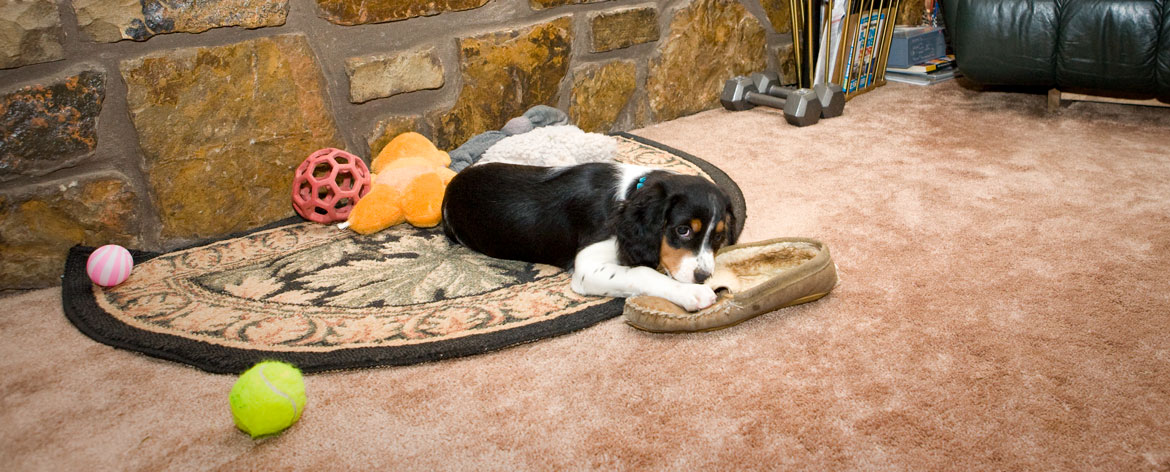
OSU vet school offers tips for protecting pets during the holidays
Thursday, November 29, 2018
While decorating and entertaining this holiday season, remember, not everything people enjoy is safe for pets. Below are some tips to keep your pets safe this holiday season.
And of course, should you experience a pet emergency, the Boren Veterinary Medical Hospital at Oklahoma State University is always available to help. Call 405-744-7000 for more information or to make an appointment.
No “people food”
- Don’t feed pets table scraps.
- Don’t let pets sit under the table, hoping somebody will drop some food.
- Meat fat, gravy and poultry skin can cause life-threatening conditions such as pancreatitis and gastrointestinal upset. Bones can splinter and create GI obstructions.
- Chocolate contains theobromine, which is toxic to dogs and cats.
- Baked goods and sweets may be too rich for some pets, potentially resulting in pancreatitis and gastrointestinal upset.
- Also, the artificial sweetener xylitol, often found in baked goods, candy and gum, has been linked to liver failure and death in dogs.
Holiday décor and visitors
- Pets may want to eat some of the décor. For example, cats sometimes eat tinsel, which can cause an intestinal blockage that may require surgery.
- Don’t let your pets climb the Christmas tree. Consider tying the tree to the ceiling, a doorframe or a wall stud.
- Keep festive plants, table centerpieces, fireplace adornments and flowers out of reach. Amaryllis, mistletoe, balsam, pine, cedar and holly are all poisonous holiday plants. Poinsettias can be troublesome as well.
- Unplug holiday decorations when no one is around. Dogs and cats are sometimes tempted to chew electrical cords.
- Pets may not welcome your visitors. Give them a safe, quiet place away from the festivities.
Perfect pet gifts
- Time — spend quality time with your pet playing or taking a walk.
- Good health — regular veterinary visits help to keep your pet healthy.
- Microchip your pet if you have not already done so. If you have, make sure your contact information on file is up to date.
- Make or buy treats that are best for your pet’s nutritional needs. Consult your veterinarian or a veterinary nutritionist for ideas.
- Love — shower your pets with love and attention all year long.
